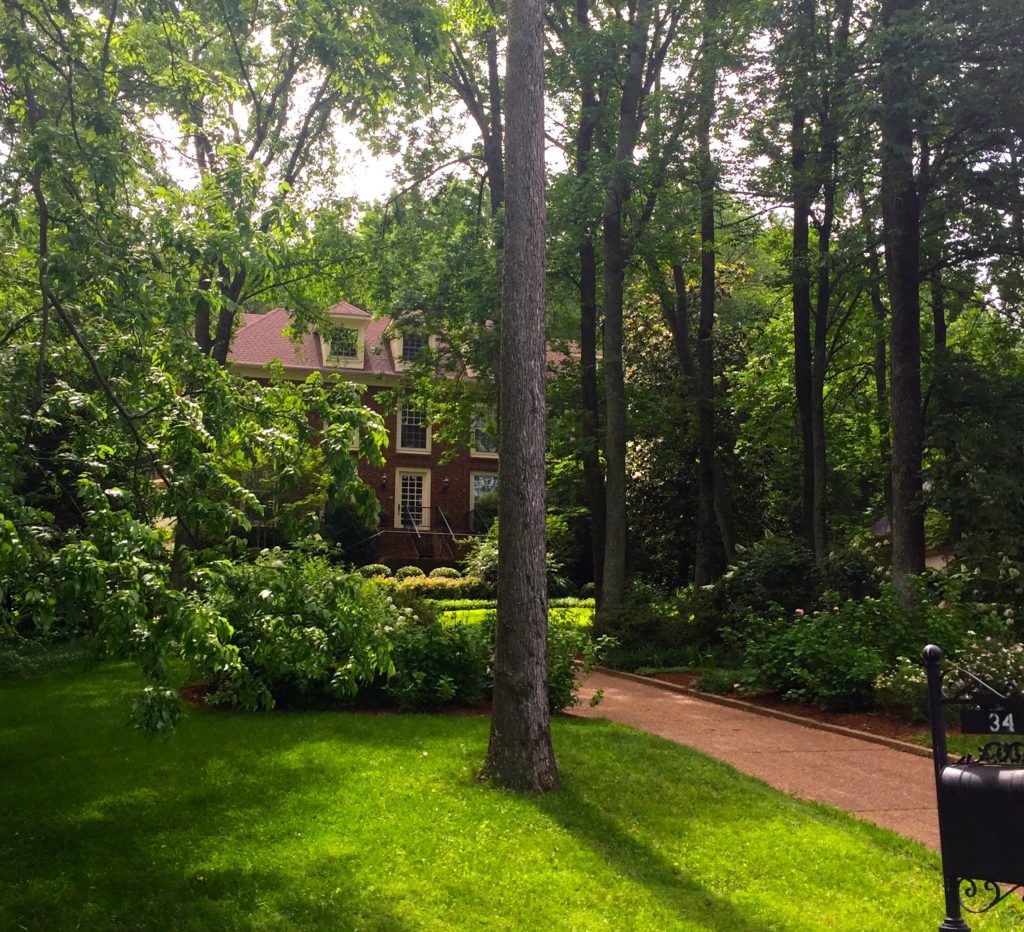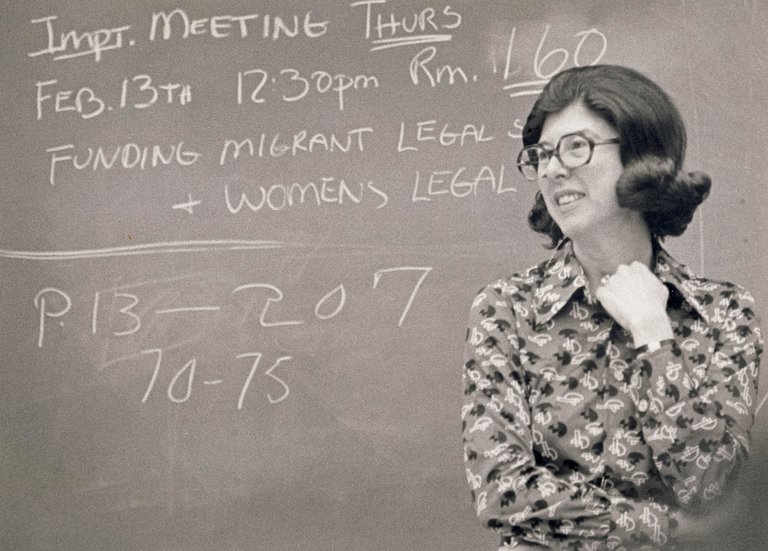
Professor Herma Hill Kay died at her home in San Francisco on June 10, 2017. She was a respected teacher, colleague, and personality at Boalt Hall, the University of California’s law school in Berkeley for 57 years. After obtaining her undergraduate degree (magna cum laude) in anthropology from Southern Methodist University she attended the University of Chicago law school, and after a year as the law clerk for Roger Traynor, legendary Chief Justice of the California Supreme Court, she began her tenure as a law school professor at Boalt. I never had a class with Professor Kay and can’t claim her as a friend, but we did have one funny encounter in Seattle years after I left California.
In 1963 Professor Kay shocked the Boalt community by divorcing her first husband and marrying one of her students. It wasn’t so much a scandal as a curiosity. There was titillating gossip but no obvious backlash. She continued to teach and he continued on to graduation. With all the voyeurism, political correctness, and sexual politics in today’s air I can’t imagine what the school administration’s response would be nowadays. Nevertheless, the only public commentary I’m aware of occurred during the law students’ annual theatrical when a verse was inserted in the score memorializing her action. Herma was a class act and her amused response to the song’s verse confirmed it.
I thought the song was so amusing I never forgot it, and in 2005 when she came to Seattle to host a fundraising luncheon I had a chance to refresh her memory by singing the verse to her during a Q&A after lunch.
Herma Hill Schreter Kay loved anthropology.
Shed her last husband without an apology.
Turned family law into more than mythology
While I was reading the regs.
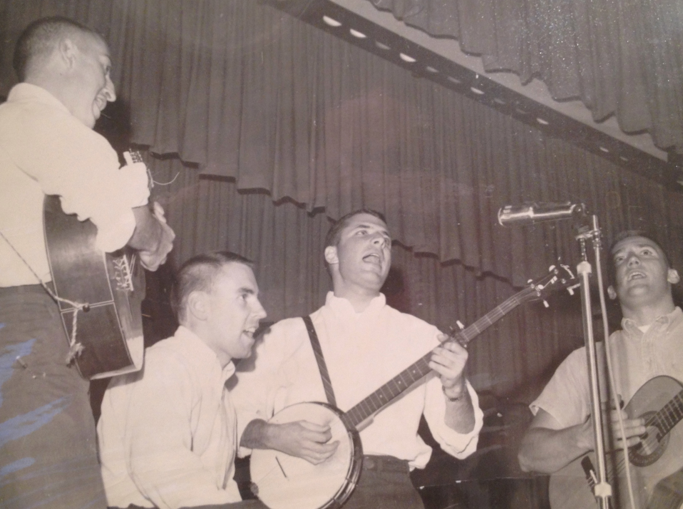
Amusement and law school theatricals aside I’ve been a longtime admirer of Herma’s. She retired in 2016 after serving the Boalt Hall community for 57 years as teacher, dean, and advocate. She joined the faculty in 1960, two years before I started, and served as dean from 1992–2000. Berkeley was ahead of its time and so was she. At the time of her appointment, in 1960, she was one of only 13 women serving as full professors at major law schools. To Berkeley’s credit she wasn’t the first woman professor at Boalt. That distinction was held by Barbara Nachtrieb Armstrong, Herma’s mentor, who, in 1935, became the second woman to become a full professor at an ABA accredited law school.
While active at the school, Professor Kay taught family law, conflicts of law, and diversity in legal education. She wrote extensively, including a casebook co-authored by Supreme Court Justice Ruth Bader Ginsburg on Sex-based Discrimination, and when Sandra Day O’Conner, another friend and colleague, retired from the Supreme Court in 2006, Professor Kay was on the short list as her replacement.
Her marriage to the law student ended in divorce but she married again, had three children and four grandchildren, one of whom graduated from Boalt shortly before her grandmother’s death at age 82.
I was shocked to read her obituary in the New York Times this weekend and shocked to discover she was only two years older than I am. In retrospect, it shouldn’t have surprised me that she married a student. We were all about the same age, but because of her faculty position she seemed older – or at least more serious.
RIP Herma Hill Schreter Kay Brodsky
** Photos courtesy of NY Times and University of California
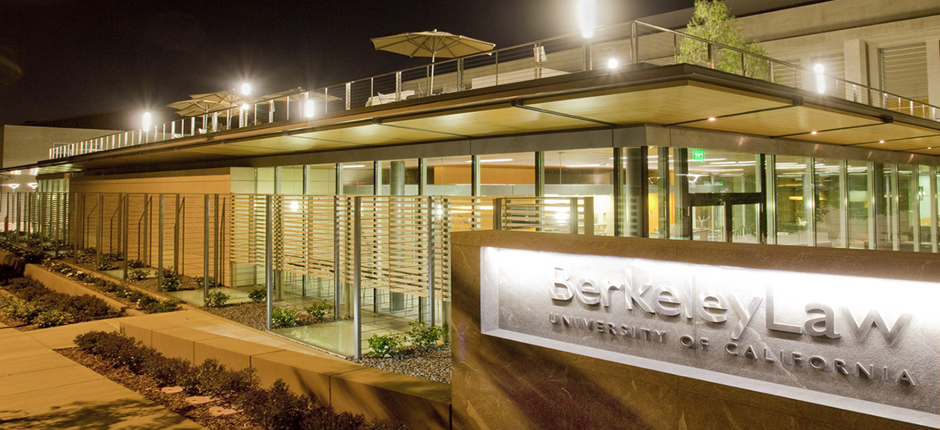






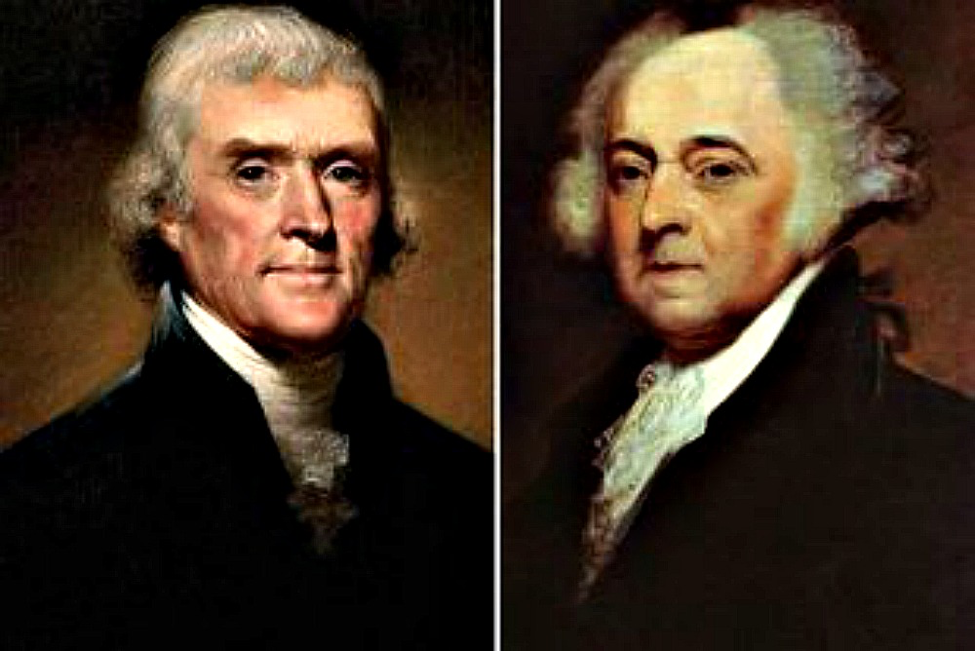
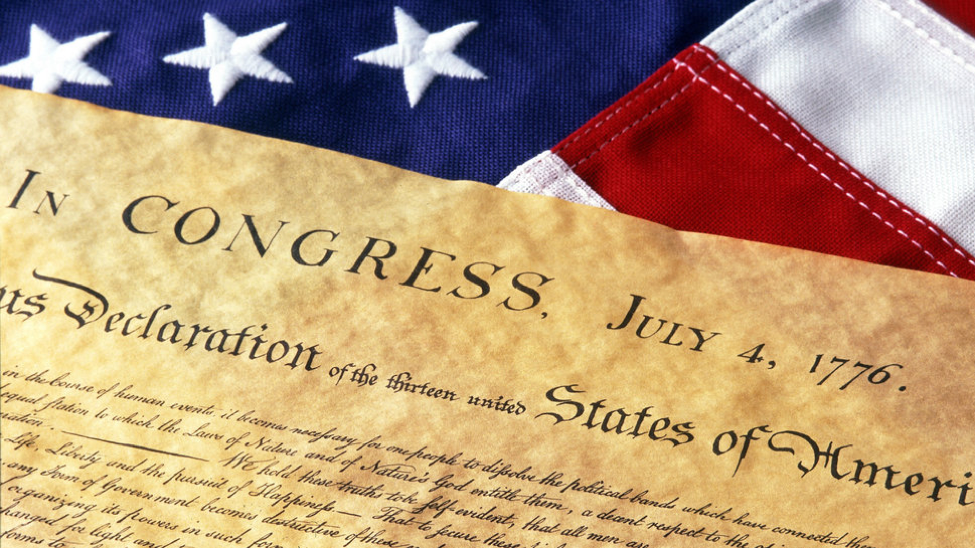
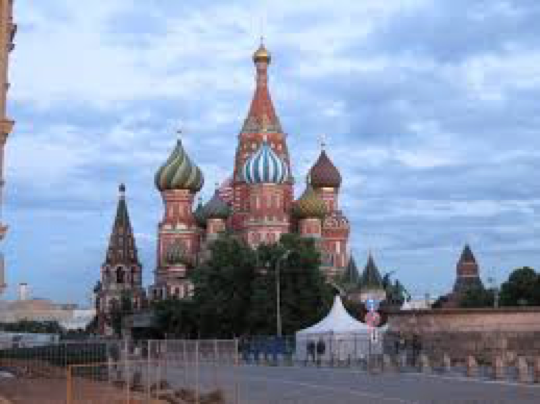
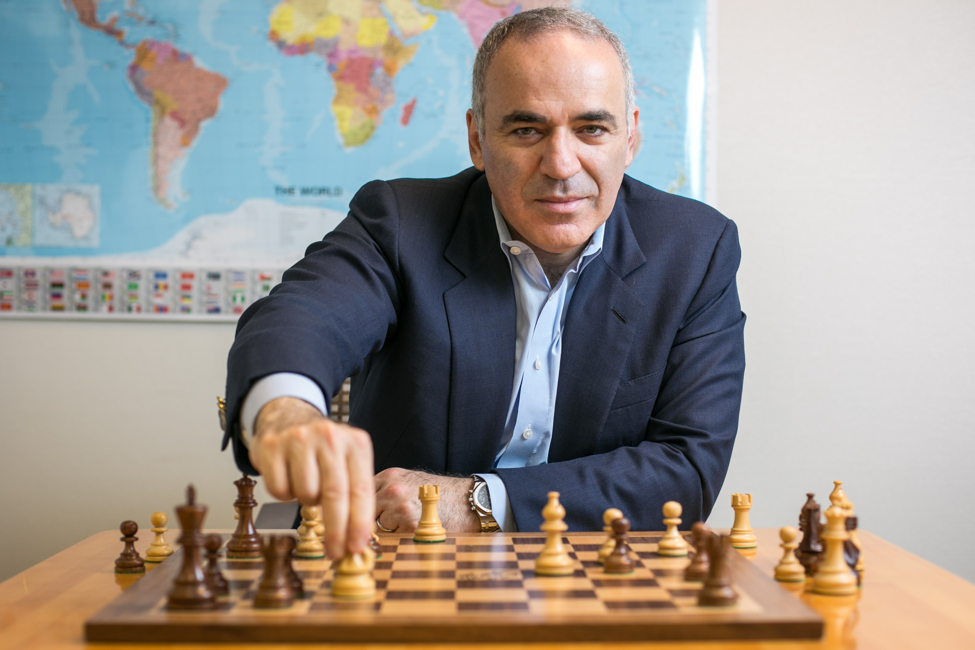


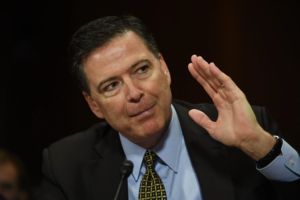
 For 138 days we have been observer-victims of the drip, drip, drip of intelligence leaks. Prior to the election it was the drip, drip, drip of Russian intelligence leaks aided by the self-cloistered Julian Assange dripping Russian hacked, Wiki-leaking Clinton emails from the Ecuadorian Embassy in London. Since the election it has been the drip, drip, drip of US intelligence and White House leaks concerning the secretive shenanigans of the Trump administration thanks to what has to be the golden age of investigative journalism.
For 138 days we have been observer-victims of the drip, drip, drip of intelligence leaks. Prior to the election it was the drip, drip, drip of Russian intelligence leaks aided by the self-cloistered Julian Assange dripping Russian hacked, Wiki-leaking Clinton emails from the Ecuadorian Embassy in London. Since the election it has been the drip, drip, drip of US intelligence and White House leaks concerning the secretive shenanigans of the Trump administration thanks to what has to be the golden age of investigative journalism.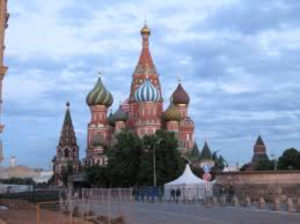 Was Trump himself compromised during his earlier visits to Russia as the Christopher Steele dossier claims? Did Flynn promise the Russians the new administration would lift the sanctions? Did Trump direct him to assure the Russians everything would be fine after he took office? Did Trump obstruct justice by asking the DOJ, CIA, DNI, and FBI to drop the Russia investigations. Is this where the real power lies now?
Was Trump himself compromised during his earlier visits to Russia as the Christopher Steele dossier claims? Did Flynn promise the Russians the new administration would lift the sanctions? Did Trump direct him to assure the Russians everything would be fine after he took office? Did Trump obstruct justice by asking the DOJ, CIA, DNI, and FBI to drop the Russia investigations. Is this where the real power lies now?
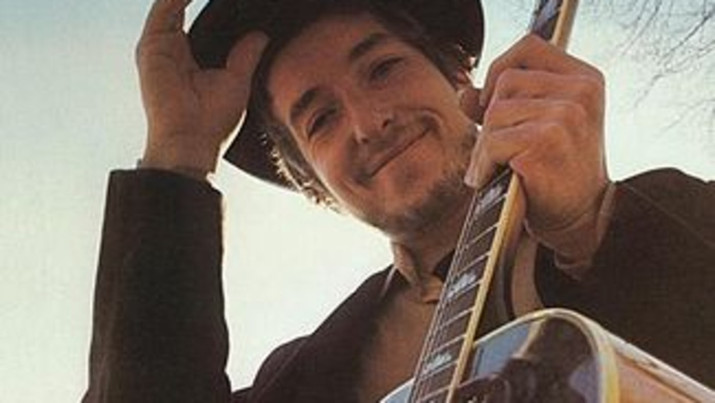
 Based on recent events – United Airlines dragging an injured, bloody, paying passenger off its airplane, an American Airlines flight attendant pushing and verbally abusing a young mother and Delta booting a family off in a dispute over a seat they had paid for… it looked like the home team – Alaska Airlines– was the right choice. And, it was.
Based on recent events – United Airlines dragging an injured, bloody, paying passenger off its airplane, an American Airlines flight attendant pushing and verbally abusing a young mother and Delta booting a family off in a dispute over a seat they had paid for… it looked like the home team – Alaska Airlines– was the right choice. And, it was.